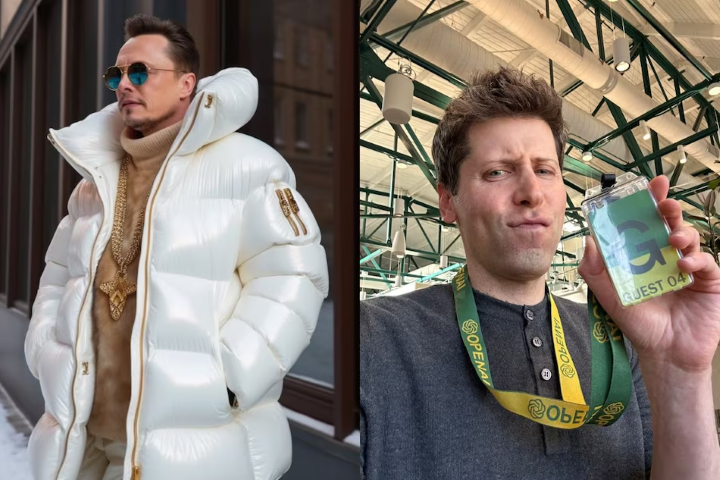
Elon Musk sues OpenAI over alleged breach of founding agreement, sparking a complex legal battle with profound implications for AI development. (X)
Elon Musk, the entrepreneur behind companies like Tesla and SpaceX, has initiated legal action against OpenAI, the artificial intelligence research organization he co-founded. In his lawsuit, filed on February 29, Musk accuses OpenAI and its CEO, Sam Altman, of violating their founding agreement. Musk alleges that OpenAI's collaboration with Microsoft and its transition into what he describes as a "closed-source de facto subsidiary" contradicts the organization's original commitment to operate as a nonprofit and keep its projects open-source.
The legal action was filed in a San Francisco court, although a date for the initial hearing has not yet been set. In response to Musk's allegations, OpenAI published a detailed post on Wednesday, sharing email correspondence dating back to 2015. The organization asserts that Musk had proposed ideas contrary to their mission, including merging OpenAI with Tesla or taking complete control himself. According to OpenAI, they rejected these proposals because they believed it was against their mission for any individual to have absolute control over the organization.
The post also includes emails suggesting that Musk himself acknowledged the potential for reduced openness as AI technology advanced. Despite this, Musk claims that OpenAI is now turning towards closed-source practices, contrary to its original principles.
Analysis by The Verge points out that a founder's agreement, like the one Musk refers to, might not constitute a legally binding contract. This could potentially weaken Musk's case against OpenAI.
In response to the lawsuit, OpenAI expressed regret over the situation, highlighting their admiration for Musk despite the disagreement. The organization emphasized the long-standing nature of the tension between Musk and themselves, dating back to 2015.
To understand the roots of this conflict, it's essential to examine the history between Elon Musk and OpenAI. Musk co-founded OpenAI in 2015 alongside Sam Altman, Greg Brockman, and others, with the goal of advancing artificial intelligence technology. Musk, being the largest investor in the company, played a significant role. However, in 2018, he resigned from his board seat, citing potential conflicts of interest with his role at Tesla.
Reports suggest that Musk's departure stemmed from differing visions for the organization's future. While Musk cited potential conflicts of interest, it's reported that he also proposed taking over the company himself, a proposal rejected by the board.
The divergence in vision became more apparent when OpenAI announced plans to create a for-profit entity in 2019, followed by a significant investment from Microsoft. This move, along with the development of GPT-2, marked a departure from Musk's original vision for OpenAI as a nonprofit, open-source venture.
The conflict resurfaced in 2022 when OpenAI launched ChatGPT, a chatbot powered by AI. Musk accused OpenAI of having access to proprietary data and subsequently pulled the plug on their collaboration.
Throughout 2023, Musk continued to criticize OpenAI, accusing them of abandoning their nonprofit, open-source origins in favor of profit-driven motives.
As the legal battle between Musk and OpenAI unfolds, it represents more than just a corporate feud. It symbolizes a clash of ideologies in the realm of AI development—one driven by the entrepreneurial spirit of Musk and the research-oriented approach of OpenAI. The outcome of this dispute could have far-reaching implications for the future of AI development.















